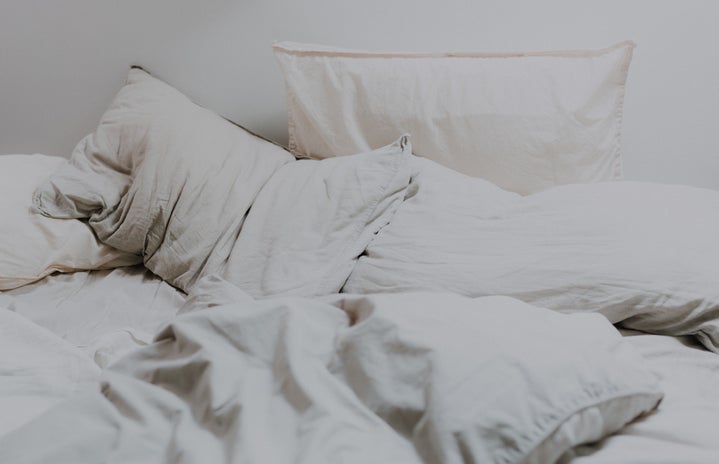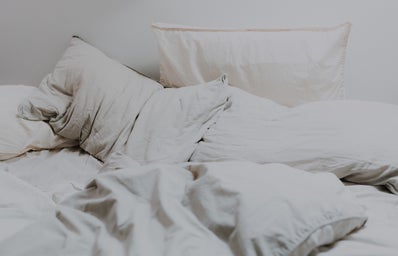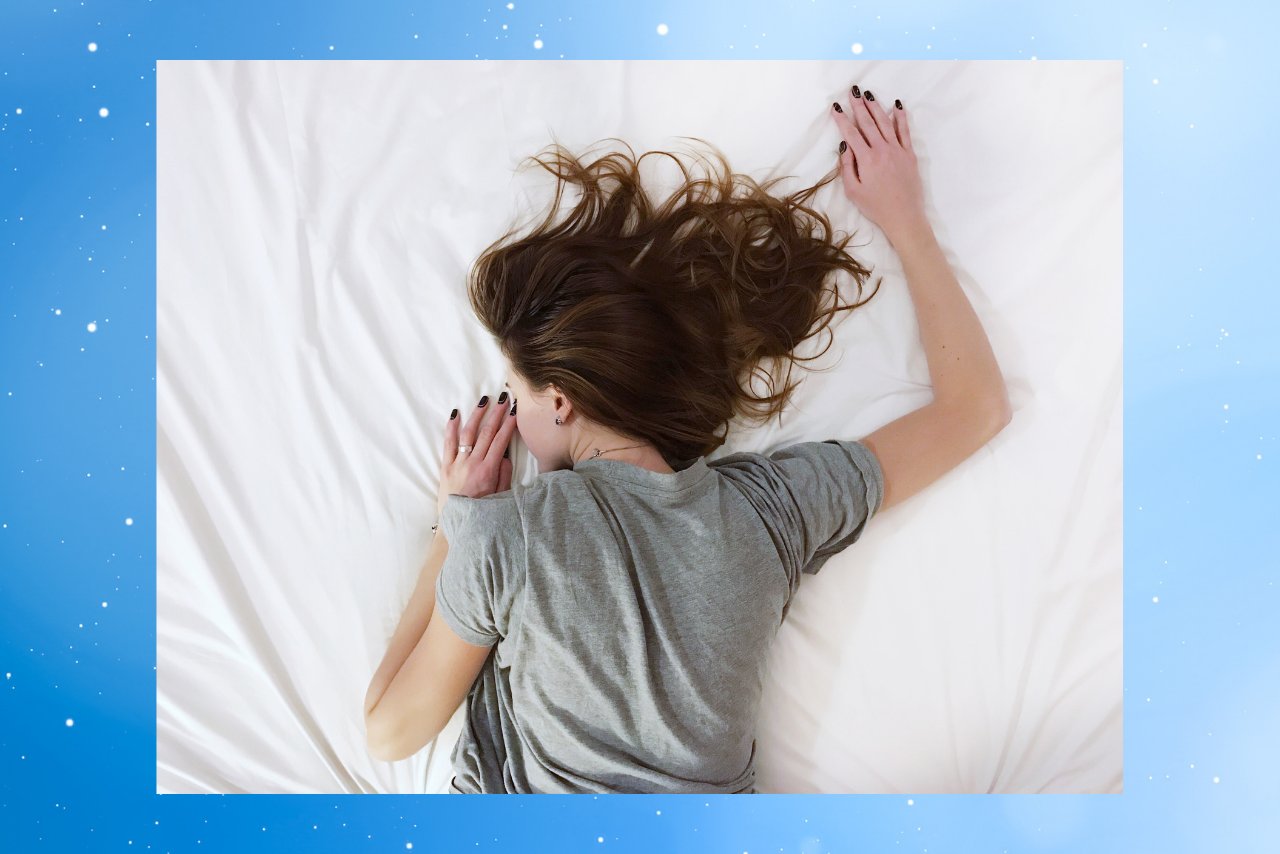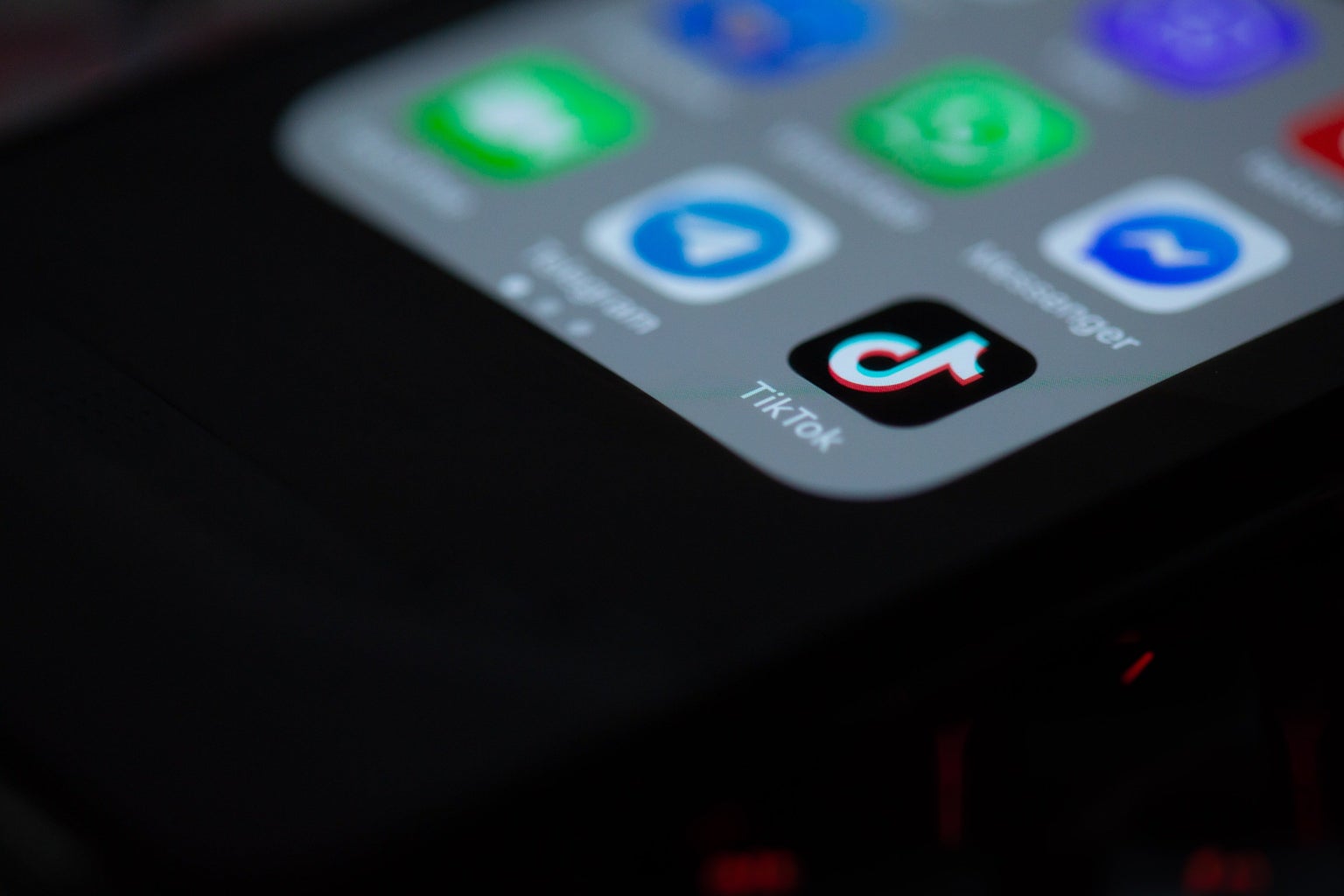Getting “good sleep” is highly subjective to each individual, their lifestyle and overall health. But for those interested in trying to maximize sleep time, it’s really easy to get lost in the thousands of internet articles claiming various methods for better sleep. That being said, which suggestions are actually helpful and not pure myth? Here are three of the most popular sleep claims circulating the internet right now. Two are true, and one is a myth.
1. “Doing homework in your bed is bad for your sleep” – TRUTH
We’ve all had moments where finishing an assignment from the comfort of your bed was more appealing than hunched over at your desk. It’s tempting to think that getting work done in a relaxed environment would increase your productivity. Does working in comfort, however, come at a cost? Unfortunately, yes.
Your brain naturally makes associations between your physical environment and interior emotions. Because of this, many psychologists recommend that individuals keep sleep spaces separate from experiences that may have negative emotions attached to them. If you frequently complete work in bed, feelings of anxiety and stress associated with getting things done may be transferred to your brain’s impression of the space. This can make it difficult to fall asleep, since your brain’s physical response to your bed is to be alert in order to address the stress it associates with the area.
The best way to avoid negative associations between sleep and work is to have an established work environment in a separate room from your bed. This can be difficult as a student since the dorms and off campus apartments provide limited living space. The best way to help your brain make the transition from “work time” to “sleep time” is to make your workspace as far away as possible from your sleep area. This includes keeping materials such as pencils, notebooks, homework readings, and electronics out of your bed. Other little changes you can make to help trick your brain into thinking it’s in a different space are burning candles, meditating before you transition into your night routine and making sure you change into pajamas.
2. “Your phone prevents you from sleeping” – TRUTH
Several years ago it came out that using your phone before bedtime inhibits your ability to fall asleep. Suddenly sleep became another victim of technology. The internet presented phone usage as the ultimate culprit for insomnia and ill sleep. Was this statement just another legend in the anti-technology bandwagon, or does it actually have scientific backing?
As it turns out, the blue-light from your phone does affect the chemicals involved in signaling the body to sleep. Most people’s circadian rhythms are set to a 24hr cycle, with about half of that cycle occurring in light and the other in darkness. The body’s circadian rhythm helps it define times where certain hormones should be released for periods of activity and rest. In theory any source of bright light actually interferes with the section of your circadian rhythm trying to signal sleep hormones. This prompts the question of whether interference with sleeping habits come from the fact that phones produce light or specifically because they produce blue light.
In a study by Harvard, scientists found that individuals exposed to blue light had shifts in their circadian rhythms two times as large as those exposed to regular light. In other words, blue light has a profoundly greater effect on suppressing melatonin excretion than normal light. Unfortunately the blue light emitted from phones at night is due to the use of LED lighting within the screen. LED lights are known to be more energy efficient than other kinds of lightbulbs, therefore better for the environment. This means it’s unlikely the LED bulbs in phone screens are going to be switched out for other less intense bulbs. However, some scientists have proposed coating the LED lights with a substance that filters the blue light into warmer, less intense colors.
So if you are looking to fall asleep faster or at the time you finally decide to stop doing work, taking out your phone is a bad idea. If you really need a distraction before you go to sleep, using the light from non LED light sources (lamp, overhead lights) for activities such as reading or journaling are a more effective way to fall asleep without greatly disrupting your circadian rhythm.
3. “Melatonin will put you to sleep” – MYTH
Walking down the medication aisle of any pharmacy or department store you will probably find a whole section dedicated to melatonin based products. In recent years, the use of melatonin supplements has increased to the point that a study in 2012 found over 3 million Americans report using melatonin regularly. Their popularity has promoted the belief that taking a melatonin pill or gummy will almost instantly put you to sleep. Is this myth or fact?
Unfortunately, melatonin will not put you to sleep. This myth probably developed from a fundamental misunderstanding of melatonin’s function in the body. Melatonin is a chemical the body naturally produces at the designated “rest times” in your circadian rhythm. It can help activate and synchronize the production of other neurotransmitters that interact with the neurons in your brain signaling sleep. Therefore melatonin itself doesn’t do the heavy lifting of actually putting your body to sleep – that job is for the neurotransmitters. However, increased melatonin levels allows for increased communication of the neurotransmitters with neurons thus increasing the likelihood of sleep.
Overall, if someone is having serious problems sleeping they should talk to a physician before using melatonin. Melatonin will not fix the underlying mental or physical health problems someone may have causing them insomnia. For people without serious insomnia melatonin is most effective when it’s used in conjunction with the body’s natural production of its own melatonin. In other words, taking melatonin in the middle of the day for a power nap will not be very effective since your body produces very little melatonin at this time. However, if you are planning on going to sleep early to get extra sleep in before a test/midterm taking melatonin an hour or so before your planned sleep time can be very effective at helping you fall asleep faster as it will add to the already elevated levels of melatonin your body’s naturally producing around night time!



